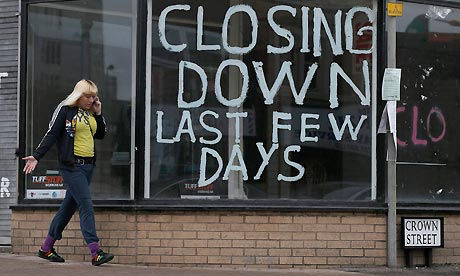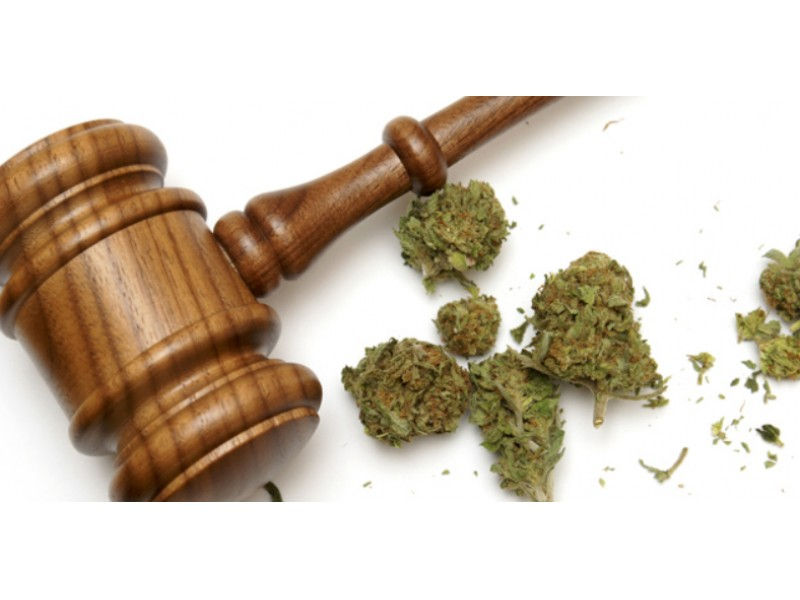Washington State rewrites its MMJ laws
- Seniors MMJ Network
- May 7, 2015
- 5 min read

Washington recently passed new legislation that attempts to fold the existing Medical Marijuana system (which is unregulated and untaxed) into the current Recreational system. This sounds like a good idea, there are reasons why and we'll cover some of those, but ultimately, it was the patients who became the biggest losers with these changes.
In 1998 Medical Marijuana was approved by 59% of the voters in Washington on house Initiative 692. At the time, limits were not set for personal possession or plant count, nor were any retail outlets established. Upon requests from Law Enforcement agencies, legal limits were specified and enacted in 2008. The Medical Marijuana system in Washington has been operating smoothly and generally under the radar for over 15 years.
In 2012 Washington voters approved I-502, which legalizes the recreational use of Marijuana by adults 21+. This also established a retail / producer / processor system, all of which is under the watchful eye of the WSLCB. It also imposes taxes at all levels of business, which drove recreational pot prices to 2-3 times the price that Medical dispensaries were selling for.
Coinciding with the 2012 vote, there was an explosion of unregulated Medical Marijuana dispensaries and collective grows. The unsupervised system was quickly beginning to be abused. The bad actors are always a small percentage but they draw the attention of many and now dispensaries who have been a beneficial resource for Seniors and patients alike, will be forced to close.
In 2011, Governor Gregoire was presented with approved legislation that would have regulated the MMJ industry in Washington. The regulations were supported and partially written by the MMJ businesses. Then, in came the feds with some non-specific and veiled threats. Gov. Gregoire vetoed critical parts of the legislation that would have regulated the MMJ industry, citing - she did not want to place state employees, who are granting licenses to MMJ businesses, at risk of breaking federal law by doing so. This did not stop the state however, from collecting taxes, business license fees, ect. from MMJ dispensaries operating in the grey.
April 24, 2015, Governer Jay Inslee signed SB5052 into law. Changes to the existing laws will take effect July 1, 2016. You can find the full text to the law --> HERE. We've consumed the 69 pages of legal text and will summarize our highlights and top concerns.

First, we'll address our concerns.
Access -
Washington has limited the amount of recreational pot shops to 334 and three years after the vote legalizing recreational pot, roughly 120 stores are open. The state says that the number of Medical Marijuana dispensaries currently open can not be accurately determined but it is estimated in the 1,000+ range.
Recreational outlets are geographically clustered along the I-5 corridor in the northern part of the state. If patients live outside of that area, they might be facing a long drive. The math doesn't add up, patients and Seniors with limited mobility lose on the availability of medicine.
Lack of Medicinal strains -
Strains with a high CBD content tend to have the most benefits associated with them for medicinal users. CBD is not psychoactive, it does not make you high. THC is the cannabinoid in Marijuana that gets people high. Many CBD rich strains are very low in THC, therefore they aren't very effective for getting really stoned.
Recreational outlets do not carry many, if any CBD rich strains, simply because there is little demand for them in the recreational market. By comparison with the variety of choices available at current MMJ dispensaries, recreational shops are not going to be able to fulfill the needs of the people who rely on this plant the most.
Personal possesion -
In 2008 Washington defined a “60-day supply” for authorized MMJ patients as 15 plants and 24 ounces of dried flower (Marijuana).
Starting July 1, 2016 those patients will be allowed 1 ounce of dried flower (same amount as recreational users) and 4 plants. If patients join the voluntary registry and receive a new DR. recommendation, they will be allowed 3 ounces of dried flower and 6 plants.
This is a significant reduction in personal possession and personal grow rights for MMJ patients in Washington. With less home supply, the ability to grow enough plants and the reduced number of outlets, people can run a risk of not having what they need, when they need it most.
Voluntary registry -
People will need to meet stricter requirements and register with the state to be considered a Medical Marijuana patient. Being part of the registry will allow patients to have slightly more possession and grow numbers, as mentioned above.
Many people who use Medical Marijuana are in sensitive professional positions and could be legally exposed with this registry. Although legal in the state, MMJ is not yet federally legal. Real concerns arise for Doctors, Lawyers, and many others that could lose their professional licenses to earn a living. Another concern is for gun owners and their ability to obtain hunting licenses as well as gun permits. What about health insurance companies using this to deny claims now or in the future? Can your auto insurance drop your coverage?
If this registry is anything like the roll-out of legal pot in Washington, it hasn't been well thought out and there will be issues that bite you later. Therefore, it is voluntary and not very enticing.
While we do have serious concerns over the new Marijuana laws in our home state of Washington, we are also able to find aspects of SB5052 to be excited about. We'll take a look at a few areas that improves the overall experience for everyone.

Lab Testing -
All pot purchased will have been tested for potency as well as harmful molds. While some MMJ dispensaries provide lab results, not all of them do and none of them are required to.
Although there is still much work to do with standardizing testing procedures and reporting, this is a major positive for patients. They can now have the confidence in the safety of their medicine and the information to create a personalized intake regimen.
Recreational shops can now talk about the benefits of MMJ -
Currently, they are not allowed to even mention the significance of CBD. Knowing the benefits from certain strains is the hallmark of a top notch Budtender. Rec. shops will have to up their knowledge in order to receive the ability to be licensed by the state for medicinal sales.
Washington intends to form a course that shop owners and employees can take to receive authorization to discuss the medicinal values of the different inventory. Expanding the knowledge and opening the conversation is a great thing. A person could be using a strain that doesn't target the reason they sought out the pot to treat. That benefits no one.
Improves the bottom line -
Forcing the MMJ market into the recreational market will undoubtedly make a significantly positive impact in sales. This move is projected to bring in millions of dollars in additional tax revenue. Of the many community based items tax revenue is allotted to, Education is one of them. More money for schools is always a good thing.
This move also rewards the existing recreational retailers, producers and processors. It hasn't been an easy road for many and it will continue to have its hurdles but these business have hung in there while the state fumbled about and continues to fumble about with its Marijuana policy and implementation of I-502.
One unmistakable fact about this new legislation that impacts thousands of Seniors and patients - there was no vote, the public had no say. Thats a hard pill to swallow.




































Comments